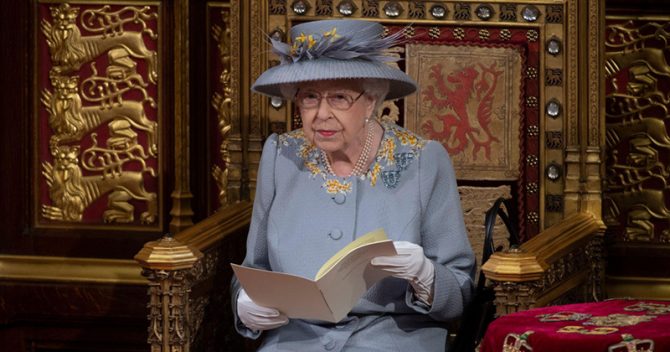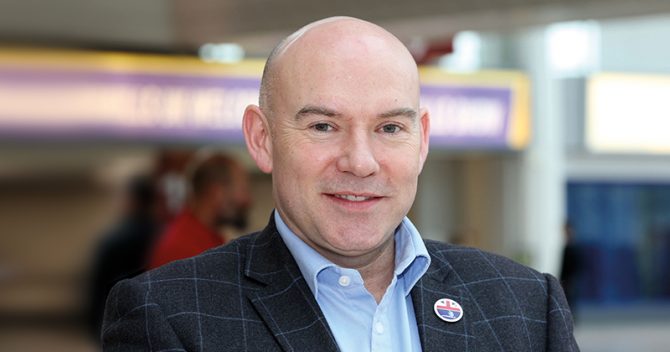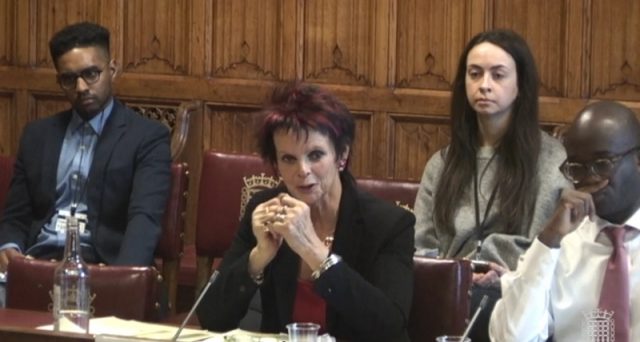Apprenticeship funding to the tune of £250 million was handed back to the Treasury in 2020-21, FE Week can reveal.
The Department for Education said it had to surrender the money as demand for apprenticeships from employers was “lower than expected” partly due to the impact of Covid-19.
Government statistics show that apprenticeship starts were down 18 per cent in the 2019/20 academic year compared to the previous year, falling from 393,400 to 322,600.
AELP chief executive Jane Hickie said with workplaces closed, the pandemic was “always going to have an impact on starts and spend” but she sees no reason why “every penny” of the apprenticeships budget should not go to levy- and non-levy payers in future years as the economy recovers.
As per levy rules, businesses with a payroll of £3 million or more pay each month into the pot and have a rolling 24-month deadline to spend the funds.
The levy policy was designed so that large employers wouldn’t use all of their funds. The unspent money is meant to be recycled and made available to small businesses who do not pay the levy to use to train their apprentices. Unspent funds are also used to top up levy funds by ten per cent as well as pay for English and maths teaching for relevant apprentices, among other things.
But because government refuses to share annual spending data, there are many misconceptions in the sector and national media that all apprenticeship funding that expires from levy accounts goes back to the Treasury.
The actual sum of apprenticeship funding surrendered to Treasury each is year is published in the DfE’s annual “estimates memorandum”.
The memorandum for 2021/22 was published this week and states: “Unspent funding of £250 million was surrendered at the 2020/21 Supplementary Estimate (as the demand for apprenticeships from employers was lower than expected during 2020/21, partly due to the impact that Covid-19 had on employers’ recruitment plans).”
A DfE spokesperson confirmed the funding was returned to the Treasury, which is “usual practice” for “any underspends in overall departmental budgets by the end of the financial year”.
This isn’t the first time the DfE has handed back lumps of apprenticeship funding to the Treasury. In 2017/18 – the first year of the levy – around £300 million was surrendered.
The DfE claimed it did not surrender an apprenticeships underspend in 2018/19.
But £330 million was sent back to Treasury in 2019/20, despite concerns at the time that small employers had struggled to find providers with sufficient non-levy funds to train their apprentices, with some being turned away.
There have been numerous calls over the past year for unspent levy funding to be redistributed to other parts of the skills system or reinvested into apprenticeships.
The Labour Party, for example, wants any unspent levy funding to be used to subsidise the wages of apprentices as a way of boosting the number of people taking up the programmes.
Hickie said making use of the full apprenticeship budget in future can be “easily done if the government steadily lifts the limit on each small employers’ starts but more likely we can anticipate levy-payers spending their entitlements again so that we end up with a repeat of the ‘hard choices’ planning”.
“It is a major reason why AELP agrees with FE Week that there should be much more transparency surrounding levy funding,” she added.




